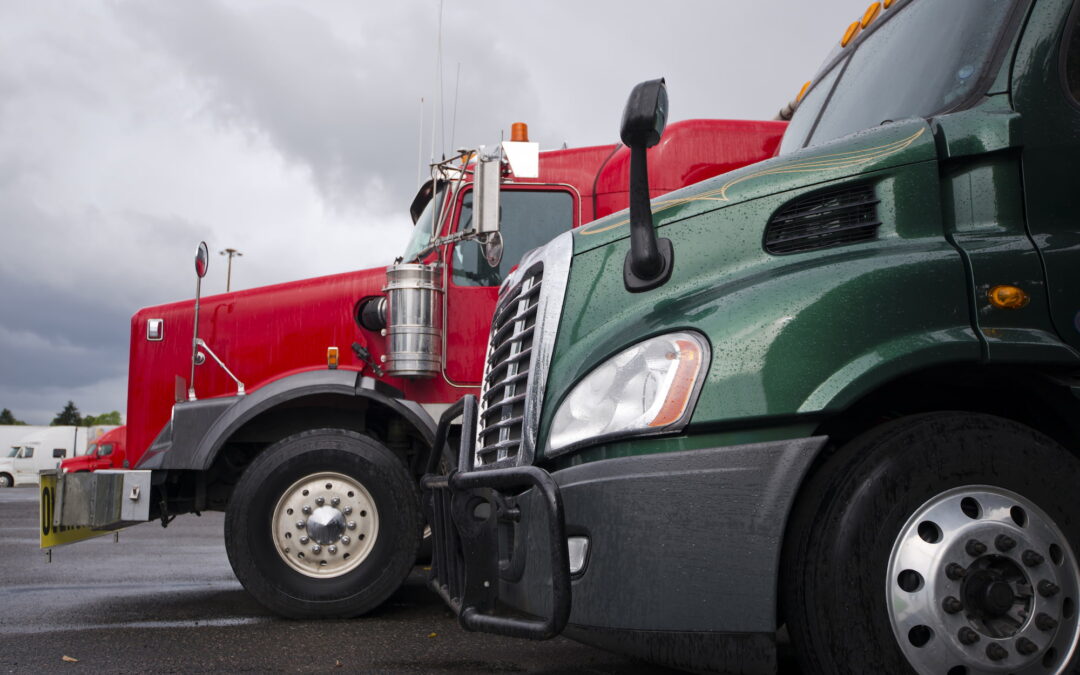President Trump is pausing trucker visas for all new commercial drivers after an announcement on August 22. The pause comes after a fatal crash involving a driver who worked in the US illegally happened earlier this month. An investigation by the DOT (Department of Transportation) noted that the driver failed to meet English language proficiency standards. Workers who fall under the H-2B, E-2, and EB-3 visas are not be affected by the halt. The pause does not include drivers with B-1/B-2 visas, which are commonly used for cross-border Mexican and Canadian drivers. This article will explain why Trump is pausing Trucker visas and what it could mean for domestic shipping.
Why Trump Is Pausing Trucker Visas
The Trump Administration paused the issuing of trucker visas to protect American truckers’ livelihoods and address safety concerns. Trump believes that English is a non-negotiable safety requirement for qualified drivers. The catalyst for the pause was a recent crash by a driver who lacked English proficiency. Secretary of State Marco Rubio stated on a social media post, “The increasing number of foreign drivers operating large tractor-trailer trucks on U.S. roads is endangering American lives and undercutting the livelihoods of American truckers.” On a broader scale, the pausing is part of a wave of stricter immigration enforcement strategies in the US.
President Trump signed an executive order on April 28 requiring mandatory English proficiency. Failure to comply with ELP (English Language Proficiency) standards has now become an out-of-service violation. The FMCSA has taken nearly 3,000 drivers off the road in the last two months due to failed English tests. Trump’s announcement surprised many in the US, specifically workers near the Port of Oakland, where the accident occurred. A local trucker, Bill Aboudi, noted, “This yard that we’re in, 32 different languages are spoken here.” Other organizations like the OOIDA (Owner-Operator Independent Drivers Association) and ATA (American Trucking Associations) applauded the decision. The organizations pointed out the importance of enforcing common safety standards in domestic shipping.
What Can This Mean For Shipping?
The halting of commercial visas would significantly impact trucking due to the large number of foreign drivers. The US Bureau of Labor Statistics estimates that nearly 18% of truck drivers in the US are immigrants. A large number of truckers being forced out of the industry can be detrimental due to the current driver shortage. The number of new drivers is not keeping pace with the growing freight demand and the aging workforce. A smaller labor pool could lead to delays and higher costs for carriers and customers. However, certain industry players believe that the pause will only impact a tiny portion of the entire population.
When moving goods by truck, different scenarios, such as laws and regulations, may arise that can impact cargo transportation. Contacting a freight broker is another way to navigate potential disruptions. Freight brokers are the intermediaries between carriers and shippers that coordinate cargo movement by truck. They do this by having a network of carriers with various services for moving your goods. Brokers also handle multiple parts of the logistics process, including negotiating rates and providing documentation. Along with coordinating cargo movement, they also educate you on what to expect and how to prevent disturbances. Contact A1 Freight Solutions at info@a1fsinc.com to speak to our brokers about moving your goods anywhere domestically.

